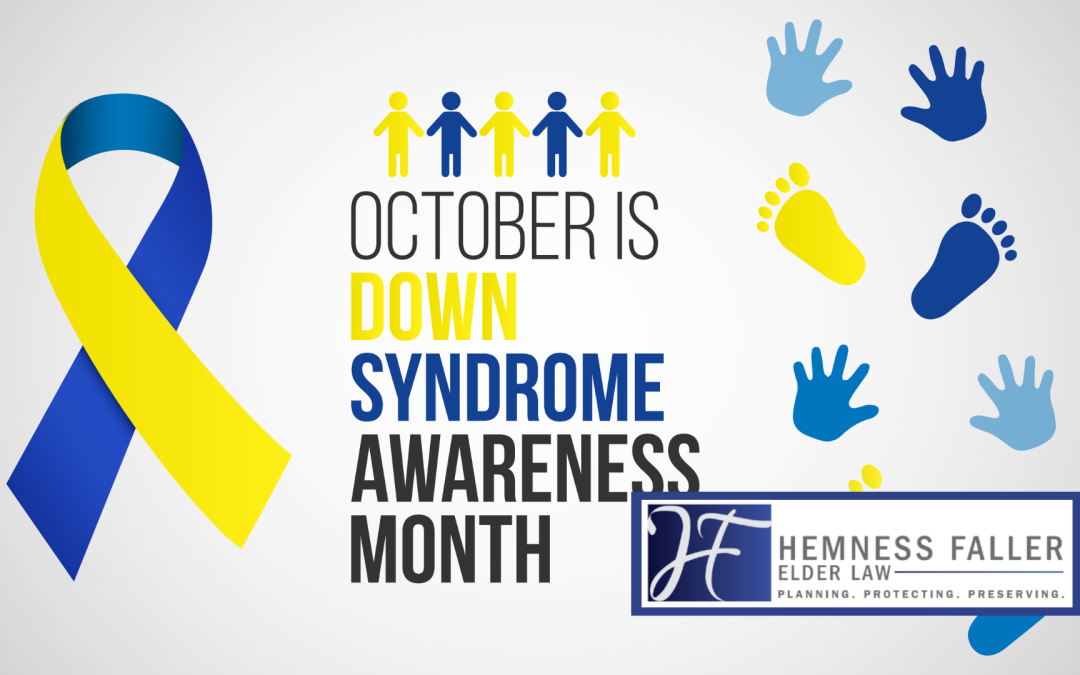A common question, which arises as couples conduct Medicaid planning is, when one spouse is placed in a nursing home, will the couple’s prenuptial agreement shelter the non-care receiving, community spouse’s assets? In a nutshell, the answer to this question is no, but the topic warrants further discussion.
The state is not a party to the pre-nuptial contract. The state, therefore, is of the position that the prenuptial agreement does not apply to the state and that the assets of the spouse in the nursing home, the institutionalized spouse, are considered a marital asset to be considered as part of the institutionalized spouse’s Medicaid eligibility.
In some states, the community spouse has successfully refused to participate in the institutionalized spouse’s Medicaid application, by not disclosing assets. In this instance, the state can then sue the community spouse for the cost of the spouse’s nursing home care. By asserting the prenuptial agreement as a defense to the lawsuit, the community spouse has successfully avoided being held liable for the cost of the nursing home, thereby protecting his or her assets.
Legal strategies may still be available to shelter a spouse’s assets. In the early stages of Medicaid planning, long-term care insurance may be the most cost effective means of covering nursing home care. If the spouses are able to qualify for long-term care insurance, carrying these premiums to cover the cost of a nursing home can make Medicaid eligibility a moot issue. Many couples in the Medicaid eligibility planning stage, however, have reached an age or condition of health, which either results in the long-term care insurance company declining to insure them or offering egregiously high premiums, which removes long-term care insurance as a viable option.
The use of an irrevocable trust to shelter marital assets and allow the spouses to meet the financial qualifications for Medicaid coverage is typically a reliable option. It does, however, require advanced planning as most states have a Medicaid application look-back period, wherein the state looks at the couple’s assets for a period of time prior to the Medicaid application to determine eligibility.
It must be mentioned, however, that despite prenuptial agreements having limited to no value in terms of sheltering assets for Medicaid planning, there can still be numerous benefits to prenuptial agreements, especially to couples entering into a second or later in life marriage. These include clearly setting forth the allocation of assets, both during the marriage and following the death of one of the spouses. In the case of adult children from prior marriages, utilizing a prenuptial agreement to clearly set forth the couple’s intentions, regarding division of assets can both manage the children’s expectations and prevent probate litigation.
No matter a couple’s age, an elder law attorney can review a couple’s financial picture and advise them on the best use of prenuptial agreements and Medicaid planning strategies for their individual situation. Please contact our office for assistance.






